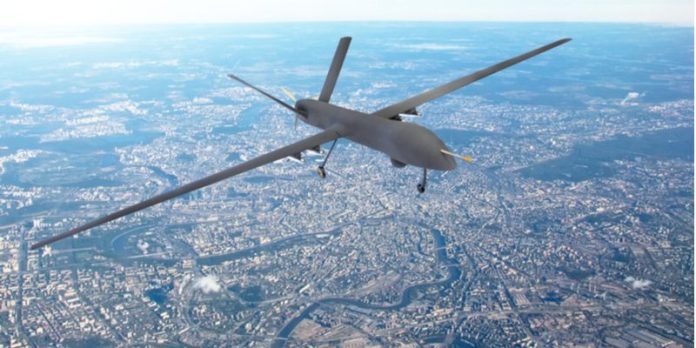The UK has suspended its participation in a key post-Cold War European armed forces treaty, GB News reports.
Instead, the country will develop new measures with other “like-minded” nations.
This was in response to Russia’s recent decision to withdraw formally from the Treaty on Conventional Armed Forces in Europe. Russia accused the US of undermining post-Cold War security by expanding the NATO military alliance. The UK, along with its allies, also decided to suspend its participation in the treaty.
Foreign Secretary James Cleverly said:
“We unequivocally condemn Russia’s decision to withdraw from the Treaty, the latest in a line of Russian efforts to undermine strategic stability and the Euro-Atlantic security architecture. Russia’s unilateral withdrawal undermines reciprocity, which lies at the heart of the CFE Treaty. This is a destabilising move for the integrity of the Treaty and to continue to implement the Treaty would suggest that we think that the Treaty continues to operate as intended. This is plainly not the case. In response to Russia’s move, the UK, alongside its Allies has decided to suspend its participation in the Treaty.”
Russia suspended its participation in the treaty in 2007 and ceased active participation in 2015. After the outbreak of war in Ukraine, President Vladimir Putin signed a decree denouncing the treaty in May 2022. The Russian Foreign Ministry stated:
“The CFE Treaty was concluded at the end of the Cold War, when the formation of a new architecture of global and European security based on cooperation seemed possible, and appropriate attempts were made.”
NATO countries have criticised Russia’s decision to withdraw from the treaty this year. According to alliance representatives, the move undermines Euro-Atlantic security.
The 1990 Treaty on Conventional Armed Forces in Europe (CFE) was signed a year after the fall of the Berlin Wall and set verifiable limits on the categories of conventional military equipment that NATO and the then Warsaw Pact could deploy. The treaty was designed to prevent possible military conflicts by each side of the Cold War in Europe.
